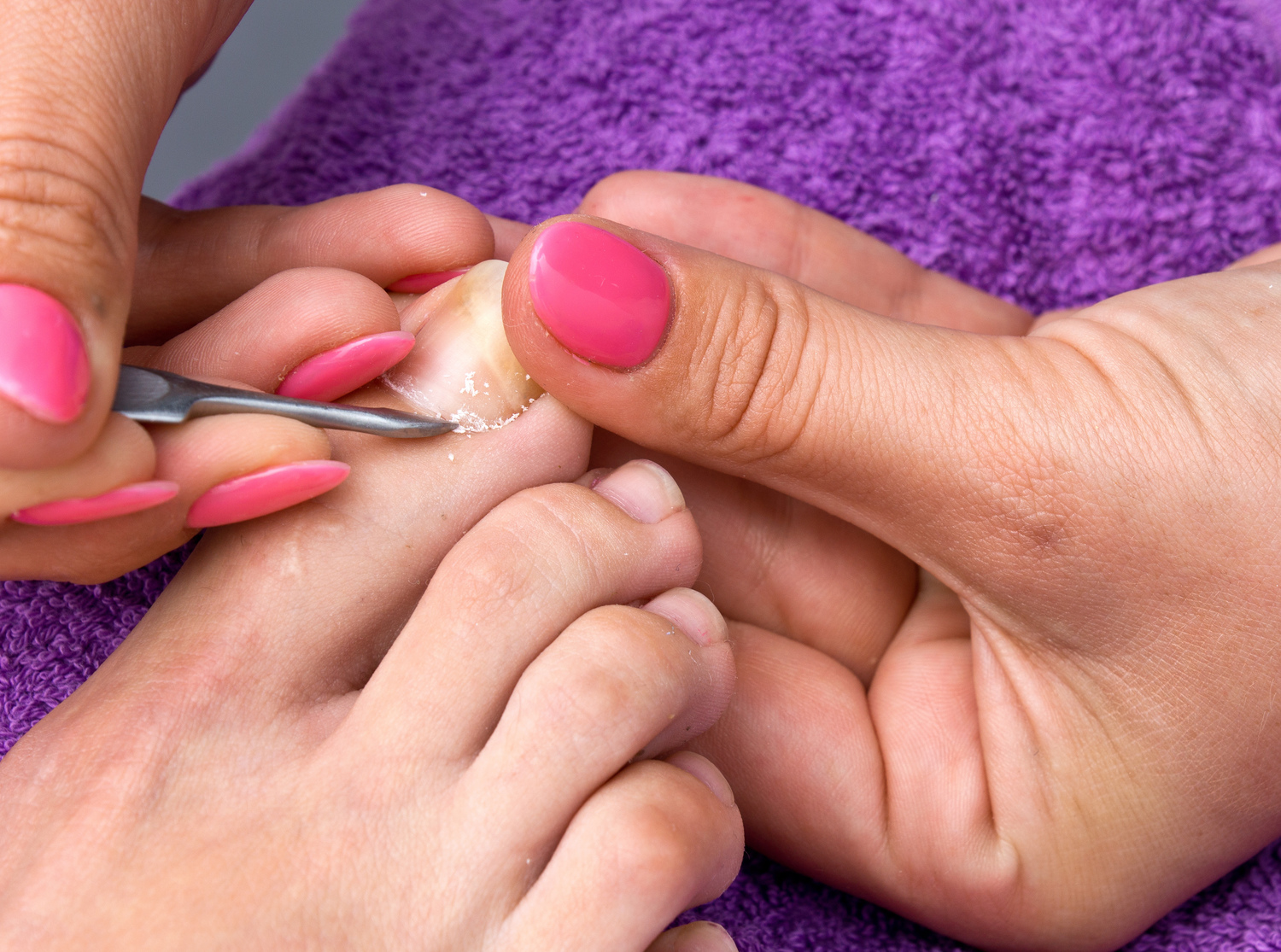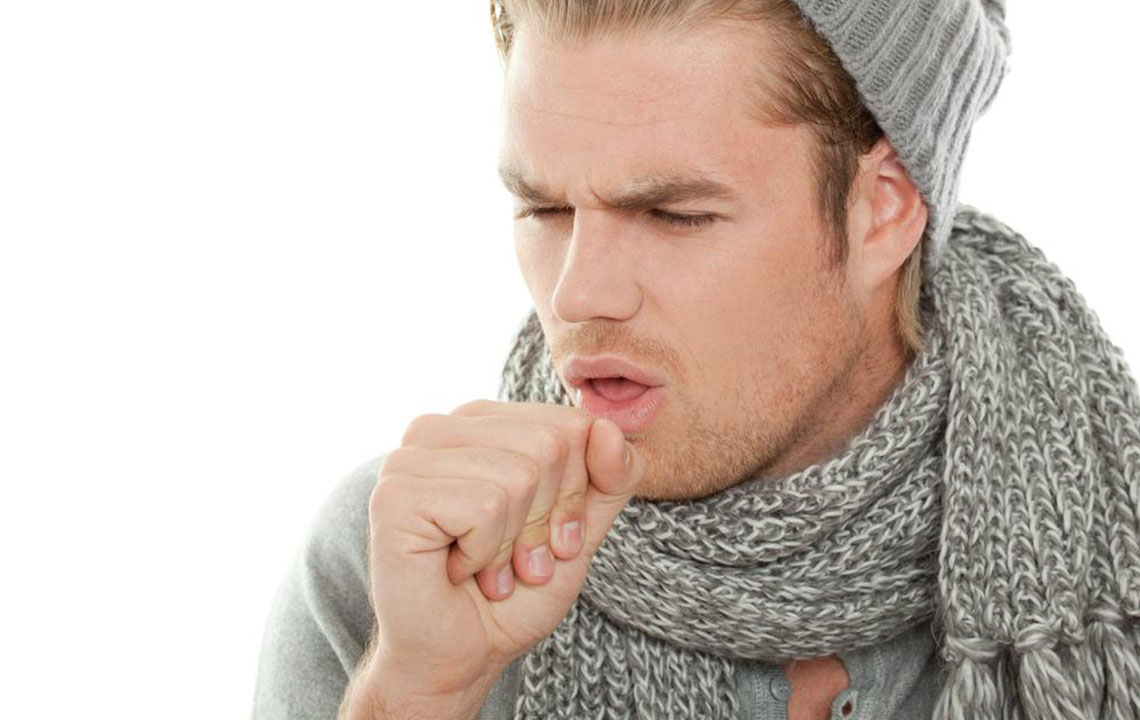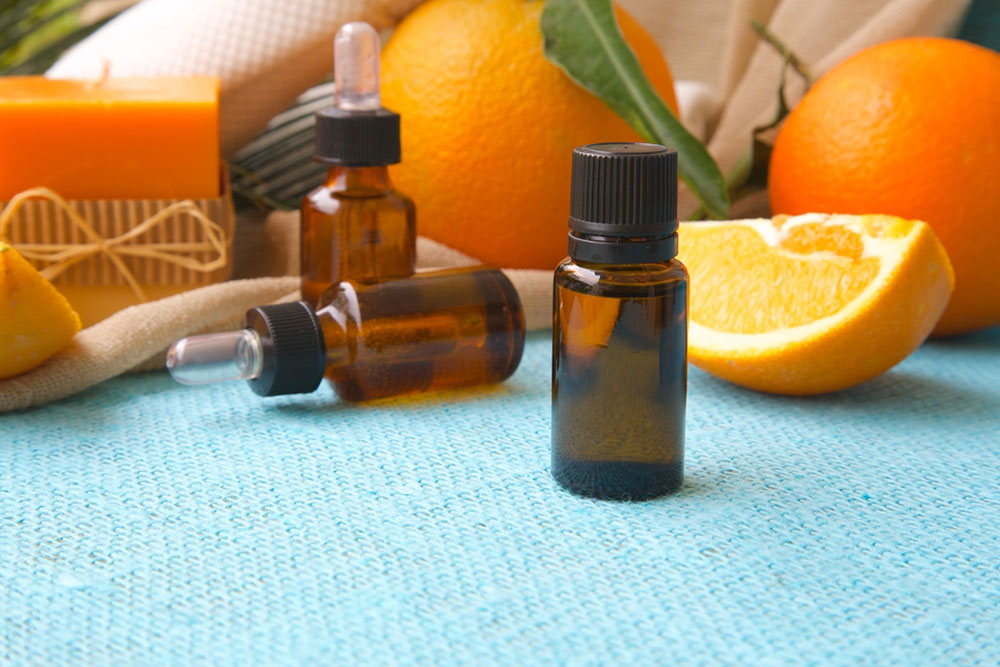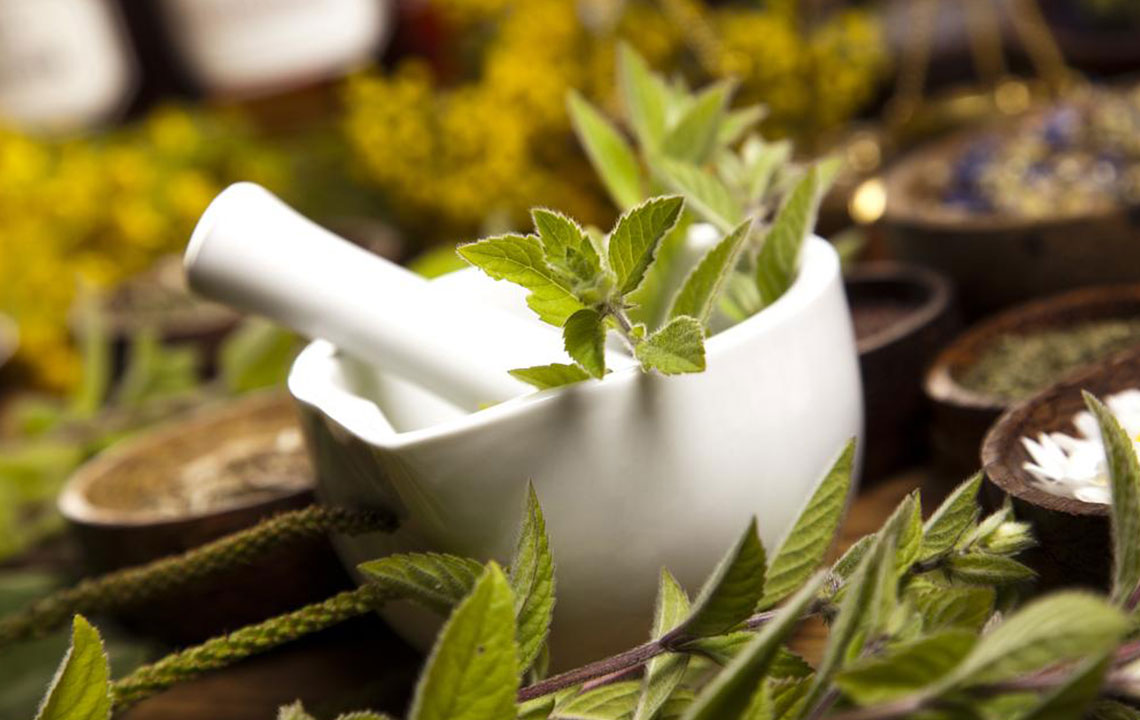Comprehensive Home Remedies for Preventing and Managing Nosebleeds
This detailed guide offers effective home remedies and preventive measures for nasal bleeds, including cold compresses, steam inhalation, nasal hydration, and dietary tips. Understanding the causes and appropriate responses can help manage nosebleeds safely and prevent their recurrence. Suitable for all ages, these natural strategies promote nasal health and reduce dependence on medical interventions, making them essential for routine nasal care and emergency situations.
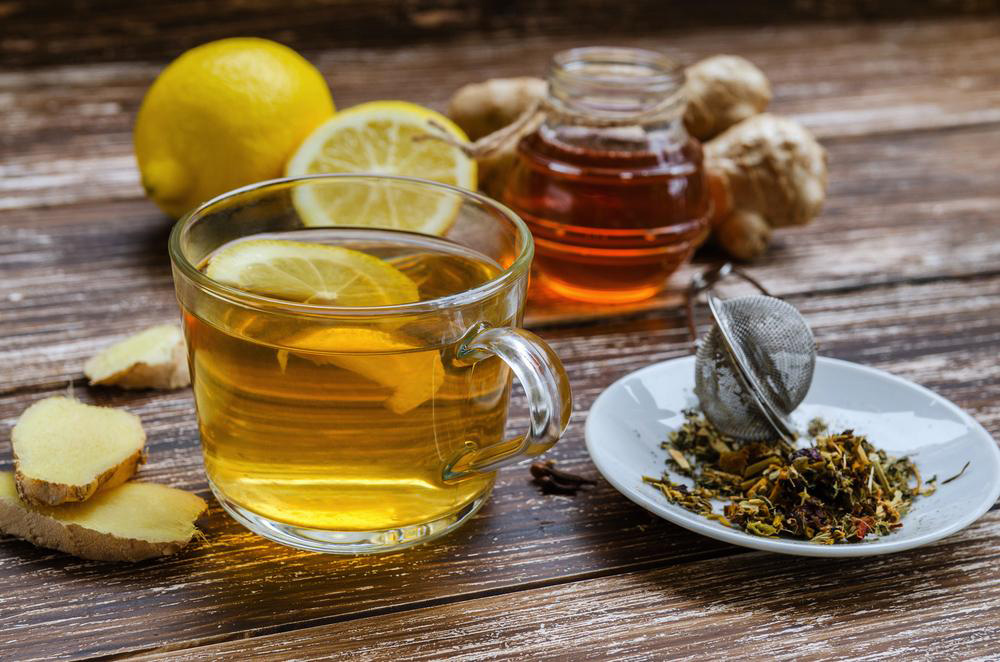
Effective Natural Strategies to Control and Prevent Nasal Bleeds
Nosebleeds, medically known as epistaxis, are a common health issue that can affect individuals of all ages, from young children to older adults. Although nosebleeds can be startling and sometimes distressing, they generally do not indicate a severe underlying health problem. Typically, nosebleeds are caused by minor injuries, dryness, or irritation in the nasal passages, leading to broken blood vessels that cause bleeding. Understanding the causes, types, and effective home treatments can empower individuals to manage these episodes safely and confidently.
Nasal bleeding can be categorized into two primary types based on the origin of bleeding within the nasal anatomy. The first type, anterior nosebleeds, originates from blood vessels located in the front part of the nose. These are the most common form of nosebleeds, accounting for approximately 90% of cases, and are usually manageable with simple home remedies or self-care measures. The second type, posterior nosebleeds, stem from blood vessels at the back of the nasal cavity. These are less common but tend to be more serious and often require medical intervention due to the potential for significant blood loss. Recognizing the difference between these types is crucial for appropriate management and when to seek professional help.
The causes of nosebleeds can be diverse. Common triggers include fluctuations in blood pressure, the use of blood thinners or anticoagulant medications, frequent and forceful nose blowing, persistent nasal dryness, or physical trauma to the nose. Environmental factors such as dry air, especially during winter or in air-conditioned environments, can also dry out the nasal membranes, making them more susceptible to cracking and bleeding. Recognizing these triggers can aid in prevention and effective management of nosebleeds at home.
Below are some proven home remedies and precautions that can help reduce the frequency and severity of nosebleeds, providing natural relief and promoting nasal health:
Applying a Cold Compress: One of the quickest ways to control bleeding is to apply a cold compress or ice pack to the bridge of the nose. The cold causes vasoconstriction, narrowing the blood vessels, which minimizes blood flow and helps stop bleeding. Keep the compress in place for about 10–15 minutes, ensuring that the skin is protected with a cloth or towel to prevent frostbite. This method also helps reduce inflammation and nasal swelling.
Steam Inhalation: Dry air is a major culprit behind nosebleeds. To keep nasal membranes moist and resilient, inhaling steam can be highly effective. Fill a bowl with hot water, cover your head with a towel, and breathe in the steam for approximately five minutes. Adding a few drops of essential oils such as eucalyptus or peppermint can enhance relief. Regular steam inhalation during dry months can maintain nasal hydration and decrease the likelihood of bleeding episodes.
Quit Smoking and Avoid Irritants: Smoking is detrimental to nasal health as it dries out nasal passages and irritates sensitive tissues. Avoiding tobacco products and environmental pollutants can significantly reduce nasal dryness and inflammation. Maintaining a smoke-free environment is highly beneficial for preventing nosebleeds and improving overall respiratory health.
Use Petroleum Jelly or Nasal Saline Sprays: Applying a thin layer of petroleum jelly inside the nostrils can trap moisture and promote healing of dry, cracked nasal tissues. Alternatively, using saline nasal sprays can hydrate nasal passages, prevent dryness, and reduce the risk of bleeding, especially in dry or cold weather conditions. Regular use of these products can help maintain nasal tissue integrity.
Boost Your Vitamin C Intake: A diet rich in vitamin C is advisable for strengthening capillary walls and supporting vascular health. Incorporate vitamin C-rich foods such as citrus fruits, strawberries, bell peppers, and leafy greens into your daily diet. Adequate vitamin C intake enhances the resilience of blood vessels, making them less prone to rupture and reducing spontaneous nosebleeds. It also helps improve overall immune function and promotes faster healing of injured tissues.
Pinch and Apply Gentle Pressure: When a nosebleed occurs, the immediate self-care step is to gently pinch the soft part of the nose with your thumb and forefinger while leaning forward slightly. Pinching the nostrils closed exerts pressure on the bleeding vessels, aiding clot formation and stopping the bleed. Hold this position for at least 10 minutes without releasing to ensure proper clotting. Avoid lying down or tilting your head back during this process, as it may cause blood to run down the throat, leading to nausea or choking.
In addition to these remedies, it’s advisable to avoid blowing your nose forcefully after a nosebleed, as this can dislodge blood clots and cause recurrent bleeding. Maintaining adequate hydration, avoiding excessive alcohol intake, and managing underlying health conditions such as hypertension are crucial for long-term prevention. If nosebleeds are frequent, severe, or do not stop after applying pressure, seek prompt medical attention to rule out underlying issues like nasal polyps, vascular malformations, or blood clotting disorders.
This comprehensive approach combining natural remedies, lifestyle modifications, and awareness can effectively help manage and prevent nosebleeds, ensuring nasal health and comfort.